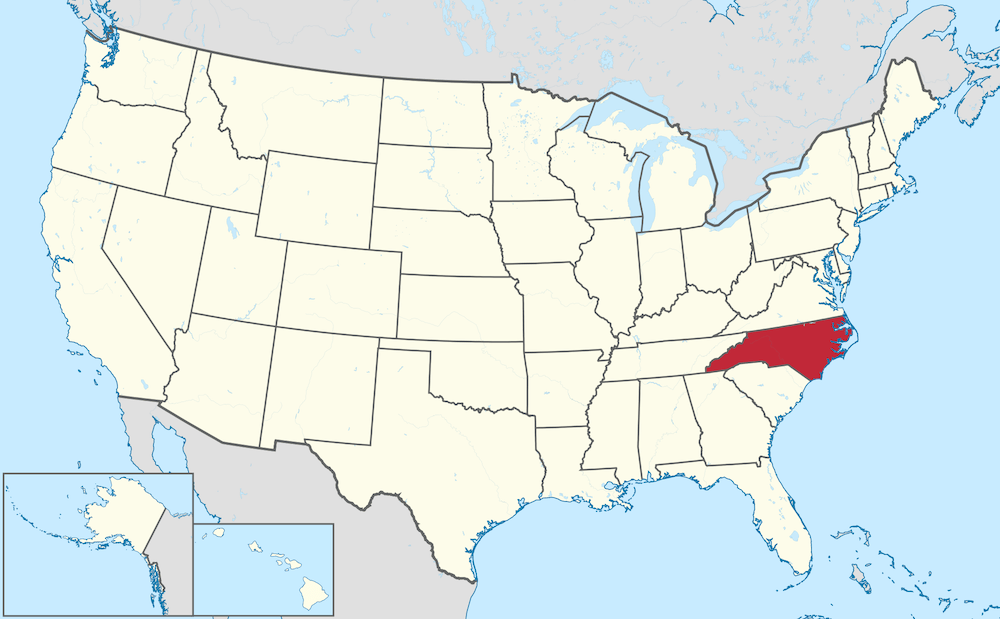Opinions
North Carolina: Where no doesn’t mean no.

It is time to close North Carolina’s rape law loophole by Claudia Opper
I first became aware of North Carolina’s inadequate and harmful rape laws during a public policy class at the University of North Carolina at Chapel Hill. The aspect which I found to be the most shocking is the loophole in N.C. legislation that prevents women and men from legally revoking consent. It is high time that people were made aware of this legal situation and that the loophole is closed.
The law that prevents revoked consent was established in 1979, in the court ruling State v. Way. The N.C. Supreme Court ruled, “If the actual penetration is accomplished with the woman’s consent, the accused is not guilty of rape.”
What does that mean in practice? Let’s say two people begin having sex. Now let’s say that one person wants to stop. Maybe they’re in pain, maybe they’re uncomfortable, or maybe they’re just no longer in the mood. For whatever reason, that person wants to stop and clearly tells their partner, “Stop.” It seems straightforward enough. No means no, right? Even if there were pleas and cries to stop, the perpetrator can persist without that act being considered rape under North Carolina law.
The State v. Way ruling happened nearly forty years ago, so you may be thinking (or at least hoping) it’s just an outdated relic of our legal system. Unfortunately, that’s not the case. In 2017 a second-degree rape charge dropped down to a misdemeanor conviction against Jonathan Guy as a result of the Way precedent.
Jonathan Guy and his wife, Amy Guy, were engaged in a consensual sex act. When Jonathan became violent, Amy told him to stop. Amy explained what happened to the news station WRAL, “I began crying and asked [Jonathan] to stop.” Jonathan refused to stop even when Amy revoked her consent. Despite Amy’s heart-wrenching retelling of the events and the prosecutor’s second-degree rape charge, Jonathan was convicted with only a 10-month jail sentence for assault.
Not only does the loophole in North Carolina rape law result in courts giving lesser sentences to perpetrators of sex crimes, but it can also prevent sexual assaults from being reported in the first place. It is estimated that over 63% of sexual assaults are never reported to the police. When someone survives a rape, they think back to the cases they’ve seen covered in the news (such as Amy’s) where rapists were not properly punished. The survivor may then question what good will come from reporting their case. They may question whether they have a right to call their experience rape at all.
Sadly, even if that person was pushing away their aggressor and crying out for the attack to stop, the state of North Carolina would tell the survivor their experience was not in fact rape if the “no” came after penetration.
The immense loophole in North Carolina’s rape law sets the Tar Heel State apart from the rest of the country. In the past forty years, states such as Illinois, California and Kansas have used bills and court rulings to establish a person’s ability to withdraw consent after a sexual encounter begins. As Senator Jeff Jackson succinctly put it to The Fayetteville Observer, “North Carolina is the only state in U.S. where no doesn’t mean no.”
Jackson became aware of the loophole when practicing as a prosecutor. He was forced to drop rape charges as a result of the State v. Way precedent. In response, he has written and proposed multiple bills to close this loophole since 2015. However, the North Carolina General Assembly has failed to vote on any of these bills. The most recent iteration of the Right to Revoke Consent Bill (Senate Bill 563) died in a Senate committee in April 2019.
This issue is cut-and-dry. Without a bill that redresses the State v. Way court ruling, North Carolina’s legal system will continue to let rapists off the hook for the crimes they commit.
Assailants must be prosecuted suitably. Victims must be supported.
How can you help? Reach out to North Carolina legislators and demand that they establish a right to revoke consent. Insist that they vote to pass the bill when Senator Jackson introduces it again in the next General Assembly session. Bring this issue to the national stage by writing op-eds and posting about it on social media. It is time to close North Carolina’s rape law loophole.




